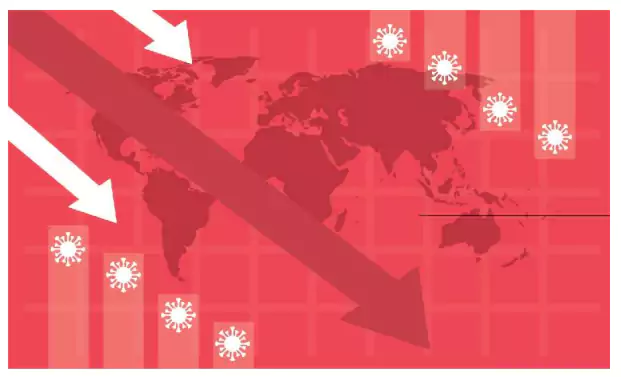A Artificial Intelligence (AI) has reverberated as a disruptive phenomenon in our society. In principle, Artificial Intelligence is a combination of data, analysis of that data and computing power that materializes into a system with two essential functions: to exhibit intelligent behaviour based on analysis of the environment and to carry out actions with some level of autonomy to achieve specific goals.
This is the basic definition contained in the Coordinated Artificial Intelligence Plan developed within the framework of the European Union (COM 2018) Released on December 7, 2018, with the aim of promoting the development and use of Artificial Intelligence in the countries of the region, is valid, however, in any country.
To talk about AI it is necessary to analyze each of the elements that make it up. Data generation in the world, for example, has evolved exponentially. In 2018, 33 zettabytes were produced (1 zettabyte=1021 bytes). The projection for 2025 is 175 zettabytes of data, and the speed of growth tends to accelerate with the popularization of the IoT, which will connect devices, mechanical and digital machines to the network via 5G and without human intervention.
The reality is that people generate much more data than technology is capable of processing. And with the IoT, machines that collect the most diverse data will be the main sources of information production. No wonder this is considered the decade of Artificial Intelligence.
In order to take advantage of all this wealth of information, Artificial Intelligence uses its analytical capacity. This is based on the use of algorithms, which can be defined as a logical sequence of instructions that determines a model for carrying out a task. This model enables what is known as Machine Learning, when, by recognizing patterns, it is able to generate intelligent insights without the need for pre-programming. The large amount of data associated with advances in computing has enabled the emergence of more complex algorithms and Deep Learning, an evolution of machine learning.
To deal with the advancing volume of data and the sophistication of the analytical work surrounding it, computing power is evolving towards quantum computing, which envisages the application of the theories and properties of quantum mechanics to computer science. Quantum computing will be 100 million times faster than classical computing, and is one of the proposals to replace silicon as the main component of processors.
Artificial Intelligence will bring undeniable benefits to citizens, businesses and public interest services. And it will permeate the most varied sectors of economic activity, such as agriculture, credit, public services, security, manufacturing, the environment, health, logistics, defense and energy. With it, for example, it will be possible to have more assertive diagnoses and cures for diseases; better quality public services at lower cost; climate predictability, leveraging agriculture and anticipating natural disasters; a reduction in traffic deaths; greater efficiency in the energy sector; financial inclusion and better access to credit.
But Artificial Intelligence also carries some controversial points. Under discussion, for example, are the potential discrimination contained in the information analysis process, the issue of data privacy and the production of results in an environment independent of the one used to implement AI. At the same time, governance, fairness, transparency and accountability are topics discussed at various AI events.
Given the complexity of the issue, however, it is still too early to discuss regulations. However, it is recommended that forums be set up with the participation of the government, academia, the private sector and representatives of civil society to debate a new regulation. Artificial Intelligence Policy and Strategy.
Thanks for reading! Access other content at ANBC website.
By: Elias Sfeir President of ANBC & Member of the Climate Council of the City of São Paulo & Certified Advisor




